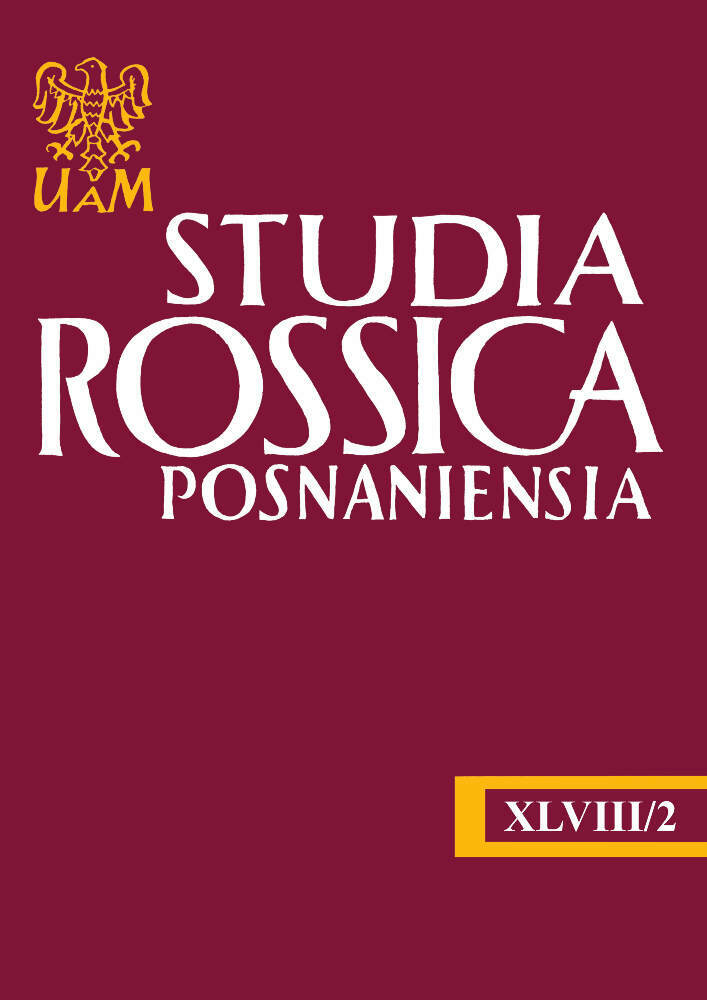Abstrakt
Scientists describe the way young people (school children and university students) think today, as a fundamentally superficial, fragmentary, illogical mosaic. This mode of thinking significantly differs from the conceptual thinking specific to previous generations. Easy access to Internet content and electronic technologies induces students to plagiarize and to resign from independent action. The paper presents fragments of essays and exam tests bearing traces of Internet content manipulation. This practice is not considered as unethical by a number of students. However difficult it may seem to efficiently counteract the habit of copying and pasting material available online, it can be channeled into appropriate approaches and methods. To accommodate these recent changes in cognitive mechanisms, the educational material, and the theoretical elements which are offered to the modern pupils and students, one should intensively focus on contextualizing fragmentary information, providing records in the modernized forms such as modules, flowcharts, algorithms, and mind maps. This approach may help students overcome the inconsistency in the reception and reproduction of the information and avoid serious mistakes in their comprehension of the presented facts. The adaptation of the teaching techniques can form in students the skills of extracting the most important facts, following cause and effect relationships, and structuring the data accordingly.
Bibliografia
Blinova, Lŭdmila. „Klipovoe myšlenie”. Inklŭziâ v obrazovanii, 4, 2016, s. 170–181. DOI: https://doi.org/10.4324/9781315063324-24
Čehovič, Ŭrij. „Ob obnaruženii zaimstvovanij pri èkspertize naučnyh statej”. Naučnaâ periodika: problemy i rešeniâ, 4, 2013, s. 22–25. Web. 14.11.2021. https://rucont.ru/efd/540215. DOI: https://doi.org/10.1111/j.1365-2826.2012.02366.x
Frumkin, Konstantin. Posle kapitalizma. Buduŝee zapadnoj сivilizaсii. Web. 14.11.2021. www.litmir.me/br/?b=235030&p=1.
Girenok, Fedor. „Klipovoe myšlenie”. Literaturnaâ gazeta, 49 (6490-10-12), 2014. Web.14.11.2021. https://lgz.ru/article/-49-6490-10-12-2014.
Sоlomatina, Tat’âna. Devat’ mesacev, ili „Komediâ ženskih položenij”. 2010. Web. 14.11.2021. https://processing.ruscorpora.ru.
Staricyna, Ol’ga. „Klipovoe myšlenie vs obrazovanie. Kto vinovat i čto delatʹ”. Azimut naučnyh issledovanij: Pedagogika i Psihologiâ, 7, 2 (23), 2018, s. 270–274.
Toffler, Alvin. Tret’â volna. Per. Konstantin Burmistrov i dr. Moskva, ACT, 2010.
Licencja
Prawa autorskie (c) 2023 Larisa Mikheeva

Utwór dostępny jest na licencji Creative Commons Uznanie autorstwa – Użycie niekomercyjne – Na tych samych warunkach 4.0 Międzynarodowe.

